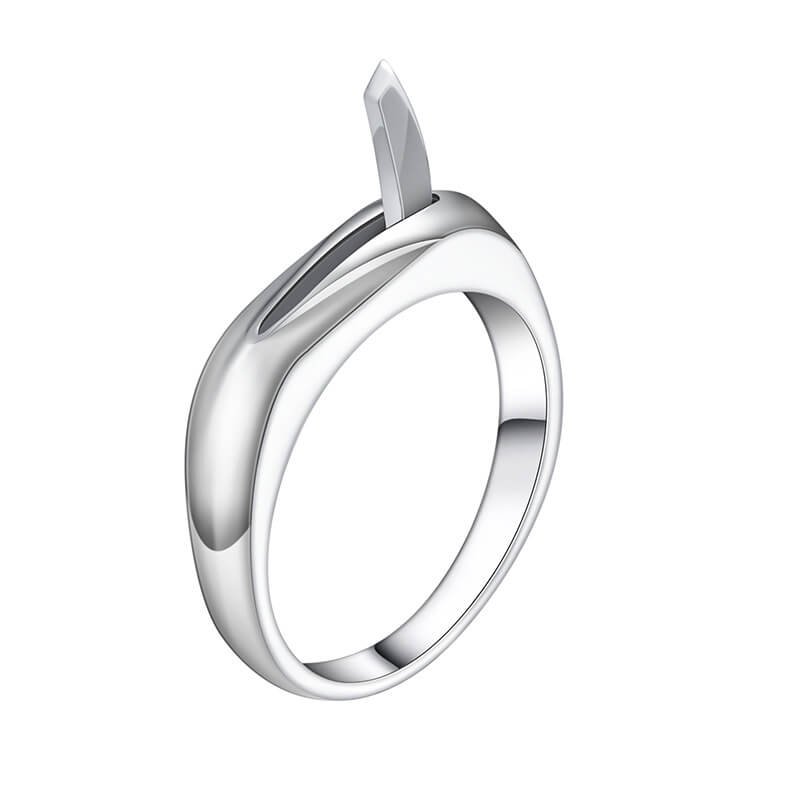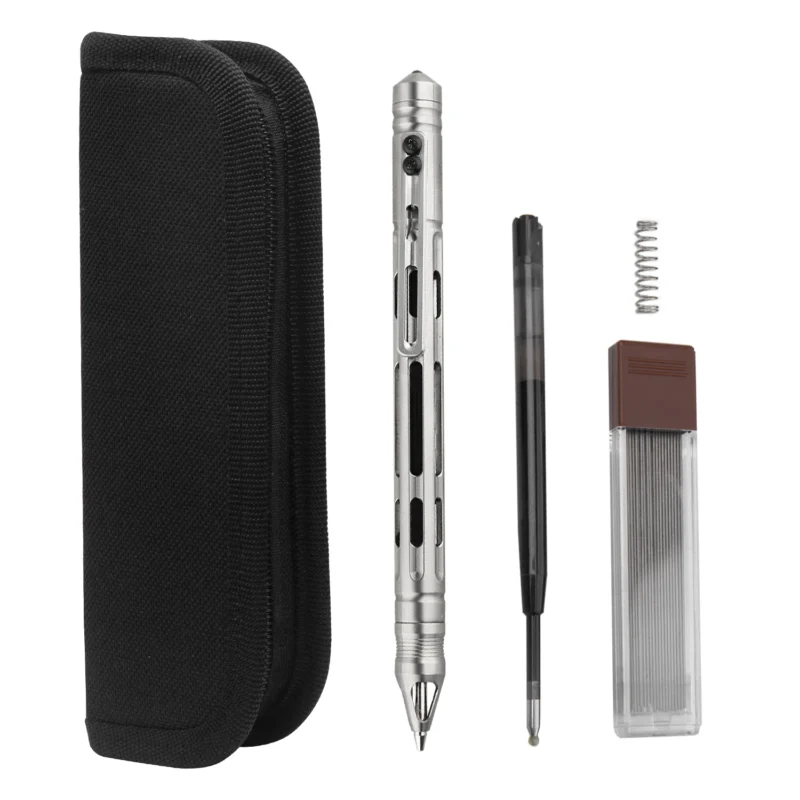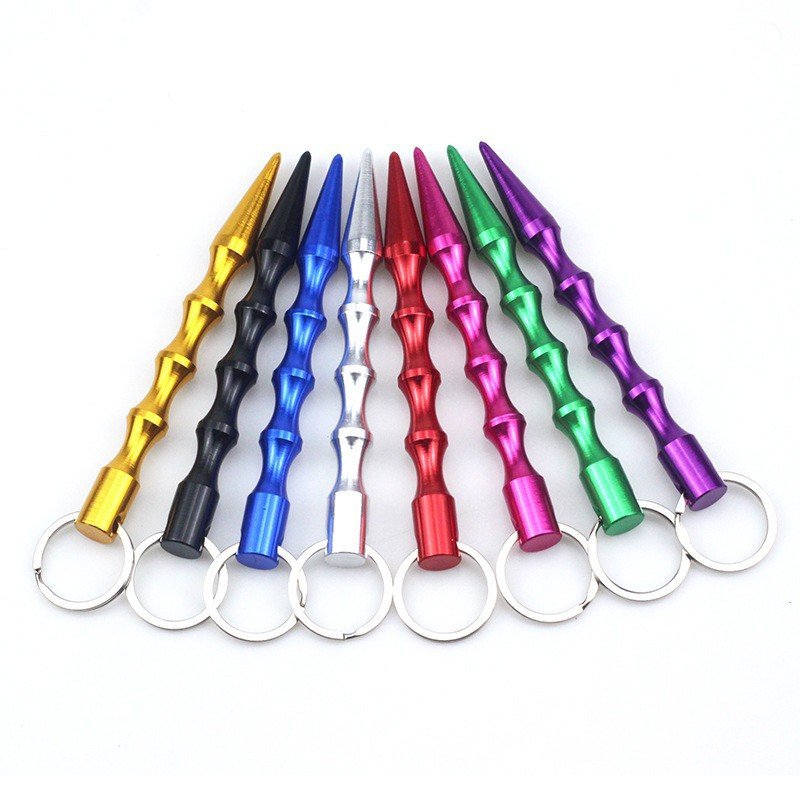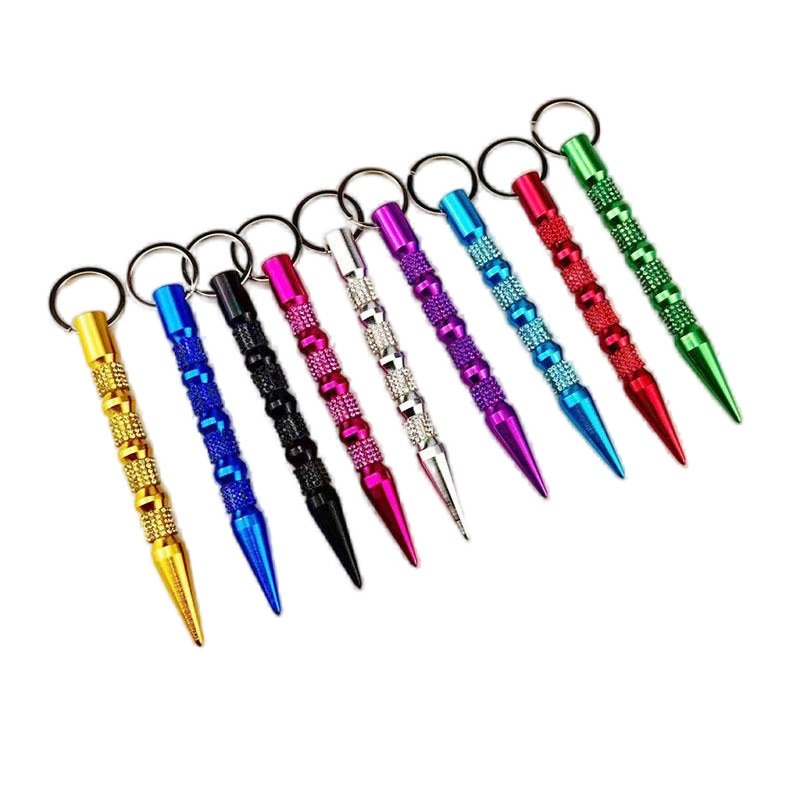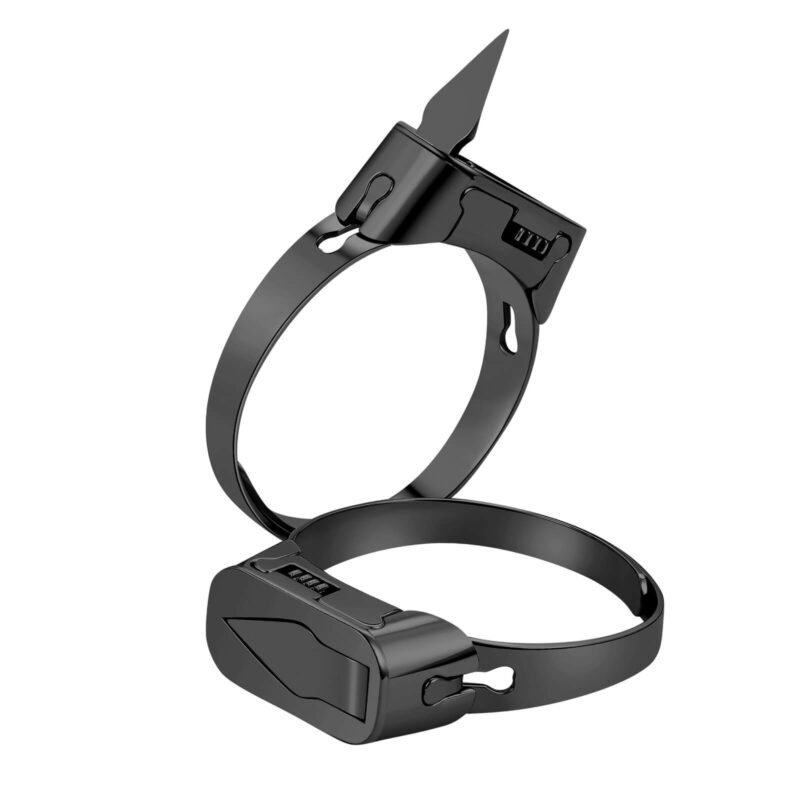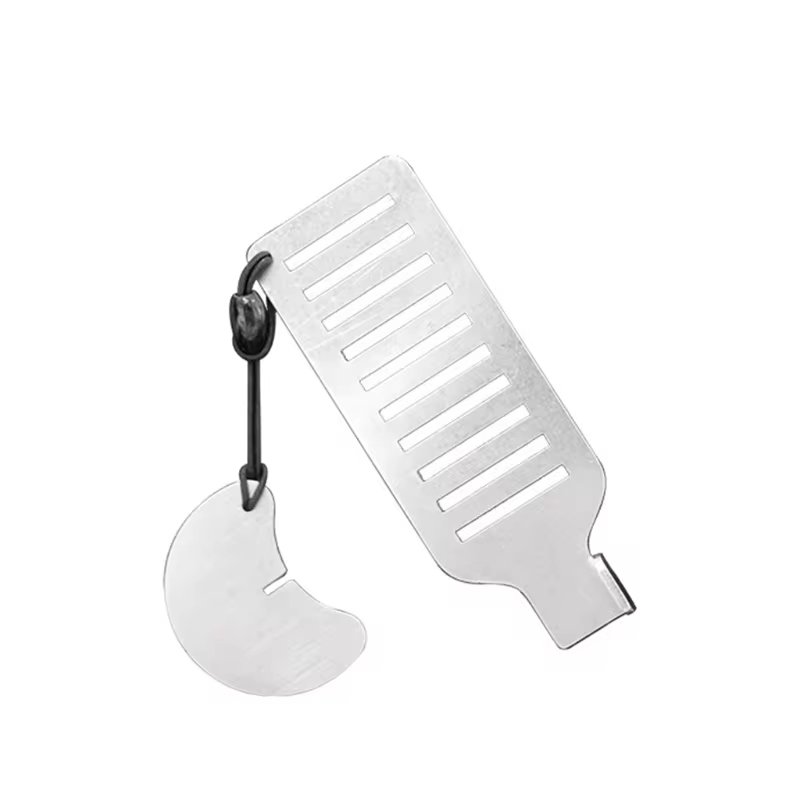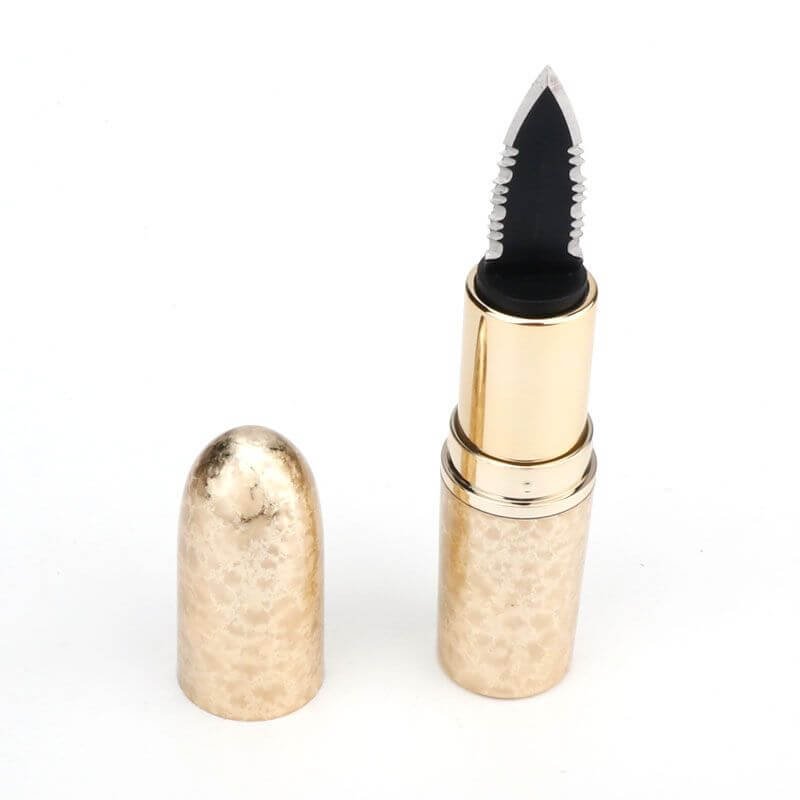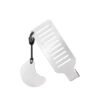That initial rush of a new relationship can feel like a fairy tale. The constant texts feel flattering. The desire to spend all their time with you seems romantic. But sometimes, a subtle shift occurs. The fairy tale starts to feel more like a thriller, and you’re left with a sinking question in the pit of your stomach: “Is this normal, or am I dating a stalker?”
It’s a terrifying thought to entertain. We often imagine stalkers as strangers in the shadows, but the reality is far more common and complex. The most likely stalking perpetrator is a former or current intimate partner.
This isn’t about simple jealousy. It’s about a pattern of behavior that feels controlling, suffocating, and fear-inducing. If your partner’s “attention” feels more like surveillance, trust your intuition. This guide will help you identify the red flags and create a safety plan.
The 7 Subtle Signs: “Attentive” vs. “Obsessive”
It can be hard to distinguish between intense romance and the early stages of obsession. Here’s how to tell the difference.
1. The Digital Shadow: Constant Monitoring
- Attentive: They might send a “Good morning, beautiful!” text.
- Obsessive (Red Flag): They demand to know why you didn’t reply instantly. They track your “last seen” status on messaging apps, comment on every single social media post, and get angry if you don’t post about them. They may even ask for your passwords as a “sign of trust.”
2. The Isolation Playbook: Cutting You Off
- Attentive: They want to meet your friends and family.
- Obsessive (Red Flag): They constantly criticize your friends and family, suggesting they are a “bad influence” or “don’t deserve you.” They create drama every time you have plans that don’t include them, making it easier to just stay home.
3. The Illusion of Chance: “You’re Always There”
- Attentive: They remember your favorite coffee shop and suggest meeting there.
- Obsessive (Red Flag): They “coincidentally” show up at places you go to regularly—your gym, your grocery store, a friend’s party you mentioned in passing. These encounters stop feeling like happy accidents and start feeling calculated.
4. The Information Vacuum: They Know Too Much
- Attentive: They remember details you tell them about your day.
- Obsessive (Red Flag): They reference conversations you never had with them, mention a coworker by name you’re sure you didn’t introduce, or know about plans you only discussed with a friend. This indicates they may be monitoring your communications or talking to people in your life about you.
5. The Possession Paradox: You Are Their Property
- Attentive: They might get a little jealous, but it’s fleeting and they trust you.
- Obsessive (Red Flag): They accuse you of flirting with anyone who looks your way—the barista, a colleague, even a family member. They refer to you as “mine” in a controlling, non-affectionate way and see any independent part of your life as a threat.
6. The Victim Mentality: You Are the Cause of Their Behavior
- Attentive: They take responsibility for their own emotions and mistakes.
- Obsessive (Red Flag): When you express concern, they flip the script: “If you just checked in more, I wouldn’t worry!” or “You make me act this way because I love you so much.” They blame you for their controlling actions.
7. The Love Bomb-to-Deprivation Cycle
- Attentive: The relationship has a natural, healthy ebb and flow of affection.
- Obsessive (Red Flag): They swing wildly between overwhelming you with affection, gifts, and promises (love bombing) and then suddenly withdrawing it as punishment for a perceived slight. This cycle keeps you off-balance and desperate to regain their “good side.”
If You See the Signs: Your Safety-First Action Plan
If these signs feel familiar, your priority is safety, not diplomacy. Trust your gut.
- Document Everything: Start a log. Save texts, emails, and voicemails. Note the date, time, and description of every concerning incident (showing up uninvited, accusatory calls, etc.). This is crucial evidence.
- Do NOT Confront Them Alone: Confronting a possessive person can be dangerous and may escalate the situation. They may see it as a challenge or a rejection that triggers violence.
- Create a Support Bubble: Immediately confide in people you trust—a family member, a close friend, a therapist. Do not let the stalker isolate you. Tell them what is happening and share your safety plan.
- Secure Your Digital Life: Change all your passwords (email, social media, bank). Enable two-factor authentication. Check your phone and devices for tracking apps or spyware. Review your social media privacy settings and be mindful of what you post.
- Make a Clean Break: When you end the relationship, be firm, clear, and brief. Do not do it in person if you feel unsafe. A phone call or even a text is acceptable. Afterward, go No Contact. Block them on all platforms. Any response, even a negative one, is a form of engagement they will use.
- Vary Your Routines: For a few weeks, change your patterns. Take a different route to work, go to a different gym, and avoid your regular haunts.
- Seek Professional Help: Contact the National Domestic Violence Hotline at 1-800-799-7233 or visit their website. They are experts in stalking by partners and can provide localized resources and safety planning. If you feel you are in immediate danger, call 911.
Trust Yourself. You Are Not Overreacting.
That feeling of unease is your best defense system. Dismissing these behaviors as “overreacting” or “dramatic” is exactly what a possessive person counts on.
Recognizing these signs is not a failure; it’s an act of courage. Your safety and peace of mind are non-negotiable. Taking these steps to protect yourself is the most powerful statement you can make.
You are not alone. Help is available.
The National Domestic Violence Hotline offers 24/7, free, and confidential support.
Am besten bewertete Produkte
-
Offener Silber-Edelstahl-Ring mit Messer
Der ursprüngliche Preis war: $73.30.$54.98Der aktuelle Preis ist: $54.98. -
Silberner Titanium Stahl Defender Ring mit Messer
Der ursprüngliche Preis war: $119.98.$89.98Der aktuelle Preis ist: $89.98. -
Taktische Selbstverteidigung Titan-Legierung Bleistift
Der ursprüngliche Preis war: $112.40.$84.30Der aktuelle Preis ist: $84.30. -
Polierte spitze Selbstverteidigung Kubaton Schlüsselanhänger
Der ursprüngliche Preis war: $26.54.$19.98Der aktuelle Preis ist: $19.98. -
Glänzende Silber Selbstverteidigung Ring-Schmuck
Der ursprüngliche Preis war: $123.98.$92.98Der aktuelle Preis ist: $92.98. -
Bling Kubaton Selbstverteidigung Schlüsselanhänger
Der ursprüngliche Preis war: $26.54.$19.98Der aktuelle Preis ist: $19.98. -
Offene Ringe aus schwarzem Edelstahl mit Messer
Der ursprüngliche Preis war: $73.30.$54.98Der aktuelle Preis ist: $54.98. -
Tür aus Edelstahl Extra-Schloss für Sicherheit
Der ursprüngliche Preis war: $21.32.$15.99Der aktuelle Preis ist: $15.99. -
Offener goldener Edelstahlring mit Messer
Der ursprüngliche Preis war: $73.30.$54.98Der aktuelle Preis ist: $54.98. -
Multifunktionales Mini-Lippenstift-Messer
Der ursprüngliche Preis war: $29.32.$21.99Der aktuelle Preis ist: $21.99. -
Edler diamantbesetzter Selbstverteidigungs-Schlüsselanhänger für Katzen
Der ursprüngliche Preis war: $28.54.$19.98Der aktuelle Preis ist: $19.98. -
Offener Rose Gold Edelstahl Goguard Ring mit Messer
Der ursprüngliche Preis war: $73.30.$54.98Der aktuelle Preis ist: $54.98. -
Fuchsohren Selbstverteidigung Schlüsselanhänger
Der ursprüngliche Preis war: $22.48.$16.86Der aktuelle Preis ist: $16.86. -
Goldener Titan-Stahl-Schutzring mit Messer
Der ursprüngliche Preis war: $119.98.$89.98Der aktuelle Preis ist: $89.98. -
Fuchs-Schlüsselanhänger Verteidigungswerkzeug mit scharfen Ohren
Der ursprüngliche Preis war: $23.37.$17.52Der aktuelle Preis ist: $17.52. -
10pcs Sicherheit Schlüsselanhänger Set persönliche Verteidigung Kit
$42.69 $43.32Preisspanne: $42.69 bis $43.32 -
Schlüsselanhänger zur persönlichen Verteidigung, Flaschenöffner, Schraubenschlüssel und Pfeife
$18.17 $19.76Preisspanne: $18.17 bis $19.76 -
9 Stück Schlüsselanhänger Set Frauen Selbstverteidigung Kit
$21.60 $21.75Preisspanne: $21.60 bis $21.75 -
Exquisite Katze Selbstverteidigung Schlüsselanhänger
$16.86 $141.63Preisspanne: $16.86 bis $141.63 -
Lady Pfefferspray Persönliche Verteidigungswaffe
Der ursprüngliche Preis war: $25.03.$18.75Der aktuelle Preis ist: $18.75.



